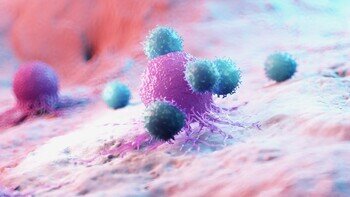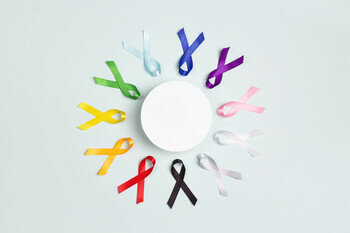
Real-world research does not need to replace randomised clinical trials to be recognised as valuable for treatment evaluation
According to Prof. Urania Dafni, high quality real-world evidence can provide broader information and more generalisable conclusions to verify the clinical applicability of evidence from RCTs

Should we invest more in registry data?
During the COVID-19 pandemic, real-world data have shown they can support clinical decision-making in complex situations but extensive bureaucracy is still a limiting factor

Cancer vaccination: a new era of innovation
Promising results with cancer vaccines based on specific antigen mutations in individual tumours, and typically used in combination with checkpoint inhibitors, are fuelling an upsurge of interest in cancer vaccination for patients with established cancer, explains Prof. Pedro Romero.

There is a growing place for real-world evidence in medical journals
However, researchers’ concerns about missing opportunities to publish their real-world evidence-based papers in high-ranked scientific journals are justified to some extent due to lack of ‘best practices’ from publishers and suitable peer reviewers for these study designs

Prevention and early detection are pivotal in LMICs, but not enough
While locally tailored cancer screening programmes, particularly for cervical cancer, are showing encouraging results in some areas with limited resources, cancer care is still suffering some bottlenecks due to lack of training for healthcare staff and shortages of medicines

Prevention, the key to make cancer care sustainable
Medical oncologists have traditionally played a marginal role in helping drive the adoption of preventive lifestyles, “but now it is time to strengthen our commitment” says ESMO President

The secret of a successful academia-industry partnership
This year’s recipient of the TAT Honorary Award Prof. Ruth Plummer, retraces the most significant milestones of her career in early phase studies

Vaccinate cancer patients against COVID-19: experts address major uncertainties
At an ESMO Live Roundtable, a panel of experts discussed the benefits and risk of COVID-19 vaccination in patients with cancer, the practicalities of vaccinating those undergoing immunosuppressant treatment and the potential advantages and disadvantages of flexible dosing intervals.

Switching from intravenous to oral or subcutaneous cancer treatment: a sustainable approach?
Despite alternative modes of administering anticancer medicines have reinforced the idea that at-home cancer care may be sometimes feasible as well as preferred by patients, there are concerns about costs of and accessibility to these new opportunities.

